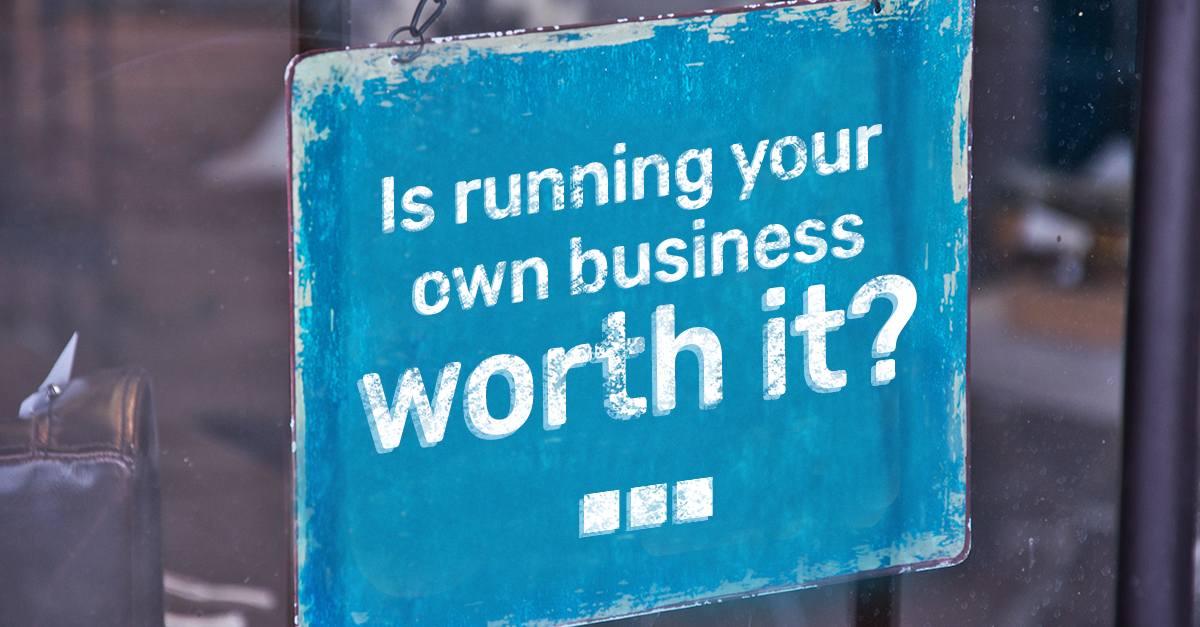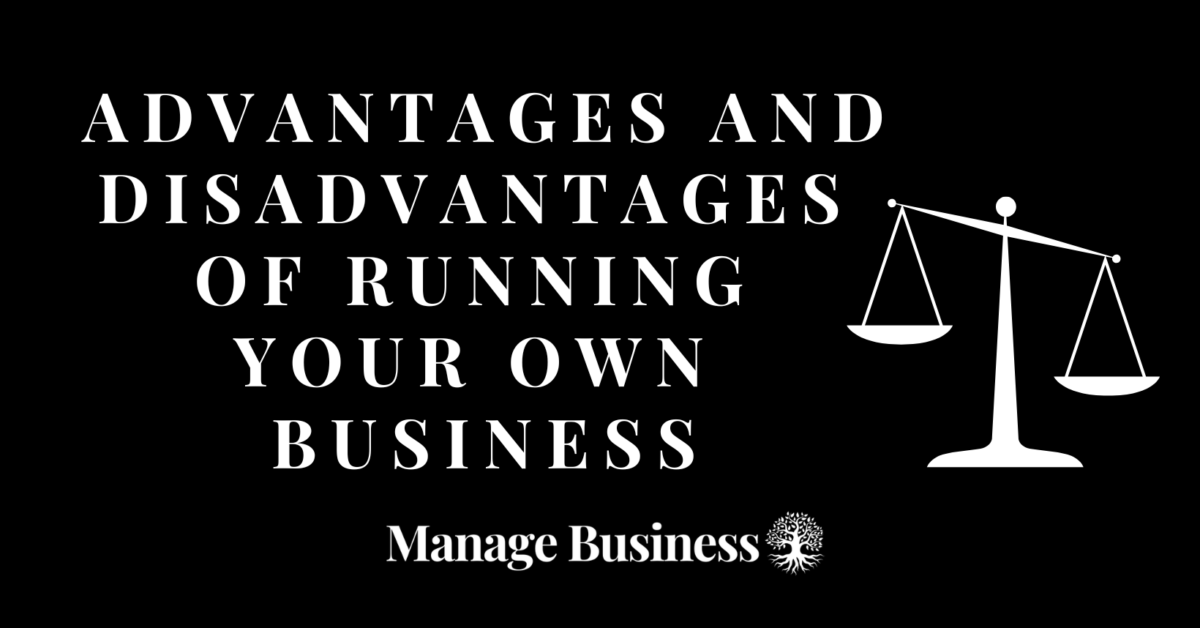Is It Hard To Run Your Own Business

Running a business is often glamorized, but the reality bites: it's relentlessly demanding. A recent survey reveals the staggering challenges entrepreneurs face daily.
This article dissects the real grit of entrepreneurship. We'll look at data exposing the hurdles, from financial strain to mental health tolls, painting a clearer picture of the entrepreneurial journey.
Financial Burdens: A Constant Struggle
Cash flow is king, and for many small businesses, the throne is shaky. According to a Small Business Administration (SBA) report, 30% of new businesses fail within the first two years due to lack of capital or poor cash management.
Securing funding is a monumental task. Loan rejections plague entrepreneurs, especially women and minorities, creating systemic barriers to growth.
Self-funding, while common, puts immense personal financial pressure on owners, potentially leading to long-term debt.
Time Commitment: 24/7 On Call
Forget work-life balance; for many entrepreneurs, it's work-life blend – often skewed heavily towards work. A 2023 study by Guidant Financial shows small business owners work an average of 52 hours per week.
This constant pressure bleeds into personal lives, impacting relationships and overall well-being. Weekends and holidays often become just another workday.
Burnout is rampant. The sheer volume of responsibilities – from marketing to customer service to accounting – leaves entrepreneurs stretched thin.
Mental Health: The Silent Crisis
The entrepreneurial journey is emotionally taxing. The Harvard Business Review reports entrepreneurs are 50% more likely to report having a mental health condition.
Isolation is a major factor. Often, entrepreneurs feel alone in their struggles, lacking a support network that truly understands the pressures they face.
Fear of failure looms constantly, creating anxiety and impacting decision-making. The weight of employees' livelihoods adds another layer of stress.
Regulatory Compliance: A Maze of Red Tape
Navigating the legal and regulatory landscape can be overwhelming. Small businesses must comply with a myriad of federal, state, and local regulations.
Staying current on these changing regulations requires significant time and resources. Non-compliance can result in hefty fines and legal battles.
Entrepreneurs often find themselves drowning in paperwork, taking away from their core business activities.
Competition: Standing Out in a Crowded Market
The marketplace is increasingly competitive. Small businesses must constantly innovate and adapt to survive.
Large corporations wield significant advantages in terms of marketing budgets and economies of scale. This forces small businesses to be exceptionally resourceful and creative.
Customer acquisition is a continuous challenge. Building brand awareness and loyalty requires ongoing effort and investment.
The Path Forward: Resources and Support
The challenges are significant, but resources are available.
"Seeking mentorship, joining industry associations, and utilizing government programs can provide invaluable support,"says Maria Contreras-Sweet, former head of the SBA.
Prioritizing mental health is crucial. Entrepreneurs need to recognize the signs of burnout and seek professional help when needed.
The entrepreneurial landscape demands resilience, adaptability, and a willingness to seek support. The journey is hard, but for those prepared, the rewards can be significant. Ongoing research from organizations like the National Federation of Independent Business (NFIB) will continue to track the evolving challenges and opportunities facing small business owners.


















